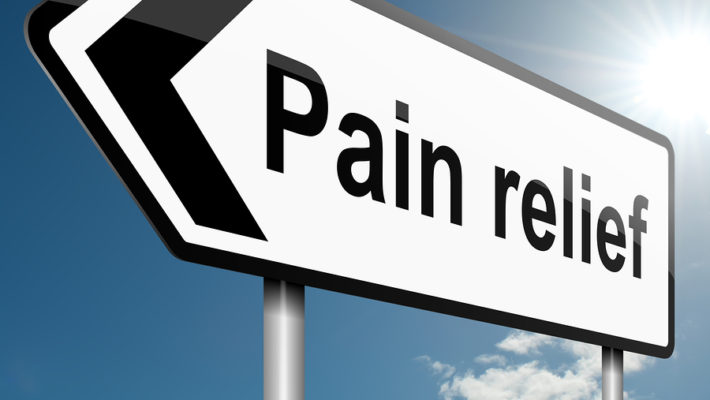
Pain management and the opioid crisis
You hear it all the time: we are in the midst of an opioid crisis. According to the National Institute of Drug Abuse, in 2015 an estimated 2-million people suffered from opioid pain-reliever related substance use disorder and more than 33,000 Americans died as a result of an opioid overdose. How did so many Americans become addicted to oxycodone and other opioid pain-relievers?
A great deal of money and manpower has, in recent years, been focused on trying to answer that question. There appears to be no one single “cause” to which we can point to explain why so many Americans have turned to prescription opioids for pain relief. However, there is no doubt that the complex, multifaceted nature of pain is at the core of the challenge. Unfortunately, by over-prescribing, the medical community, particularly those in the field of primary care, has contributed to the over-use of opioid medications. As a physician myself, I understand the challenge facing primary care doctors: implementing a plan of care that helps treat pain without reaching for a prescription pad to prescribe opioid pain-relievers; it’s a challenge given the relatively limited range of treatment options available in the field of primary care.
Accurate diagnosis and relief of pain is difficult because of contributions from various factors beyond just physical injuries. We now understand that psycho-social factors, individual pain tolerance, age, culture and brain chemistry can contribute to pain and relief of pain. As such, best practice treatment options should take into account each of these factors. This approach requires the skillset of a specialist.
Board-certified, Pain Management Physicians, not primary care doctors, should be leading the care of patients in pain. There are different types of ‘Pain Doctors’ but the best are board-certified physicians who are fellowship trained, having undergone advanced study as well as partaking in continuing education in the specialty of Pain Medicine. Board-certified, Pain Management Physicians understand how to offer treatments beyond prescriptions such as opioids.
If you have low back pain, sciatica, neck pain or spine arthritis, treatment should not start with opioid pain-relievers. Treatment should start with a visit with a Board-certified, Pain Management Physicians especially one whose medical philosophy and approach is to offer alternatives to opioid pain-relievers first. A physician who is focused on individualized, patient care should prescribe a short course of physical therapy, medications, interventional procedures (such as epidurals and nerve blocks) and/or holistic treatments such as dry needling and acupuncture. Patients are often pleasantly surprised by the results of these treatments; working closely with a pain management team without starting opioid pain-relievers can be a key to pain treatment. That said, those patients who may already be taking daily opioid pain relievers can, with the help of a pain management team, successfully decrease their daily dosages and frequencies. And as a last resort when conservative options fail, patients may benefit from surgery to relieve pain and get off medications that mask their pain.
With our society’s ongoing battle to fight the opioid crisis, we at MBSP are committed to practicing responsibly. Treating pain is not easy, but it is imperative that pain physicians offer treatment options that go beyond simply prescribing strong and often dangerous medications to alleviate pain.



